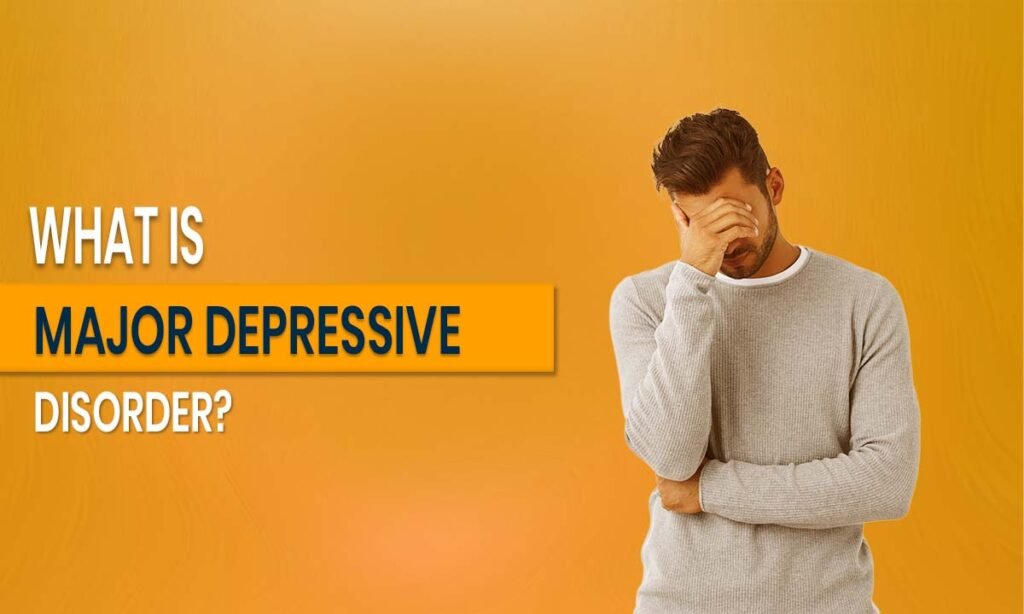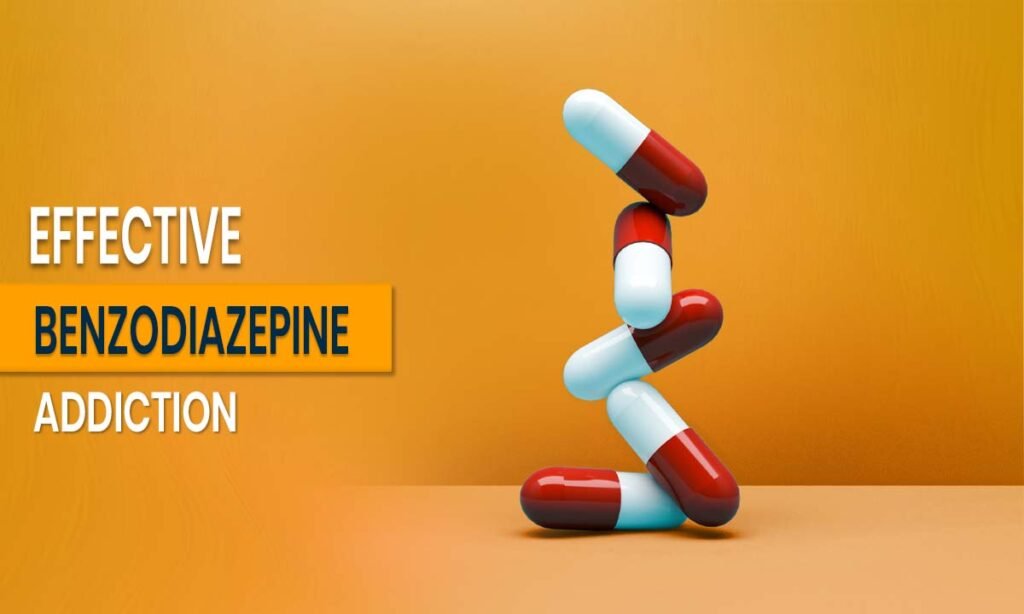
Major Depressive Disorder (MDD), commonly referred to as clinical depression, is a serious mental health condition that affects millions of people worldwide. It’s more than just feeling sad or down for a few days – it’s a persistent condition that can impact every aspect of a person’s life, including their work, relationships, and physical health.
If you or someone you know is struggling with MDD, it’s important to recognize the symptoms, understand its causes, and seek the right treatments. In this article, we’ll provide a detailed guide on MDD and offer insights into its symptoms, causes, therapies, and treatments.
Today, make sure to read this article till the end, as we will cover everything in depth to help you or your loved ones navigate this challenge. If you’re struggling with any addiction or mental health issue, remember that Athena Luxus is here to support you.
Major Depressive Disorder (MDD) is a mood disorder that causes persistent feelings of sadness, hopelessness, and a lack of interest in activities once enjoyed. Unlike normal periods of sadness, MDD can last for weeks, months, or even years if left untreated. Major depressive disorder symptoms often include fatigue, changes in appetite, feelings of worthlessness, and difficulty concentrating. It can severely affect one’s daily life and interfere with normal functioning.
Table of Contents
ToggleWhy Does Major Depressive Disorder Happen?
There is no single cause of major depressive disorder. Rather, it’s a complex condition influenced by various factors, such as genetics, brain chemistry, and life events. The causes of major depressive disorder are still being researched, but common triggers include a family history of depression, traumatic events, and imbalances in neurotransmitters like serotonin and dopamine.Common Symptoms of Major Depressive Disorder
Recognizing the symptoms of MDD is the first step in seeking help. Some of the most common major depressive disorder symptoms include:- Persistent sadness or feeling empty
- Lack of interest or pleasure in previously enjoyed activities
- Insomnia or excessive sleeping
- Fatigue or lack of energy
- Difficulty concentrating or making decisions
- Thoughts of death or suicide
What Causes Major Depressive Disorder?
There is no single explanation for MDD, but the causes of major depressive disorder generally stem from a mix of biological, psychological, and environmental factors:- Biological Factors: Chemical imbalances in the brain, particularly involving neurotransmitters, are believed to play a significant role.
- Genetic Factors: If a person has a family history of depression, they may be at an increased risk.
- Life Events: Trauma, abuse, loss of a loved one, or a significant life change can trigger depression.
- Medical Conditions: Chronic illnesses or medications may contribute to the onset of depressive symptoms.
Effective Therapies for Major Depressive Disorder
When it comes to major depressive disorder therapies, there are several options that can help individuals manage their symptoms. Some effective treatments include- Cognitive Behavioral Therapy (CBT): CBT is a form of talk therapy that helps individuals identify and change negative thought patterns.
- Interpersonal Therapy (IPT): IPT focuses on improving personal relationships and social functioning to reduce depressive symptoms.
- Mindfulness-Based Cognitive Therapy (MBCT): This therapy combines mindfulness practices with cognitive behavioral strategies to reduce stress and depressive thoughts.
Treatment Options for Major Depressive Disorder
The major depressive disorder treatments vary depending on the severity of the condition. Here are some common options:- Antidepressant Medications: Medications like SSRIs (Selective Serotonin Reuptake Inhibitors) and SNRIs (Serotonin-Norepinephrine Reuptake Inhibitors) are often prescribed to help balance the brain’s chemical signals.
- Psychotherapy: As mentioned, therapy such as CBT or IPT can be extremely beneficial in treating MDD.
- Electroconvulsive Therapy (ECT): For severe cases of depression that don’t respond to medication or therapy, ECT may be an option.
- Lifestyle Changes: Regular exercise, a healthy diet, and good sleep hygiene can support treatment and help alleviate symptoms.
Why Choose Athena Luxus for Your Mental Health Journey?
If you’re dealing with major depressive disorder, it’s crucial to have professional help. Athena Luxus offers comprehensive mental health services, including therapies and treatment plans designed to support individuals on their mental health journey. Our team of experts is here to help guide you through the healing process with personalized care.Conclusion: Taking the First Step Toward Healing
Dealing with major depressive disorder can feel overwhelming, but with the right support, it’s entirely possible to regain control of your life. If you or someone you know is struggling, don’t hesitate to reach out for help. At Athena Luxus, we provide personalized support for mental health recovery. t. Our team of experts is here to help guide you through the healing process with personalized care. Learn more about our Alcohol Detox Treatment and Cocaine Addiction Treatment.Patient Experiences
- Ravi Kumar, : “I had been battling depression for years, but Athena Luxus gave me the tools and support I needed to get back on track. Their approach is thorough, compassionate, and effective.”
- Priya Singh, : “Thanks to the amazing team at Athena Luxus, I was able to find the right therapy for my depression. I highly recommend them to anyone struggling with mental health issues.”
- Manoj Verma, : “The treatment I received for my depression at Athena Luxus has been life-changing. Their support has helped me manage my symptoms effectively.”
- Anjali Reddy, A: “I was unsure about seeking help for my depression, but Athena Luxus made me feel comfortable and supported throughout my journey to recovery.”

